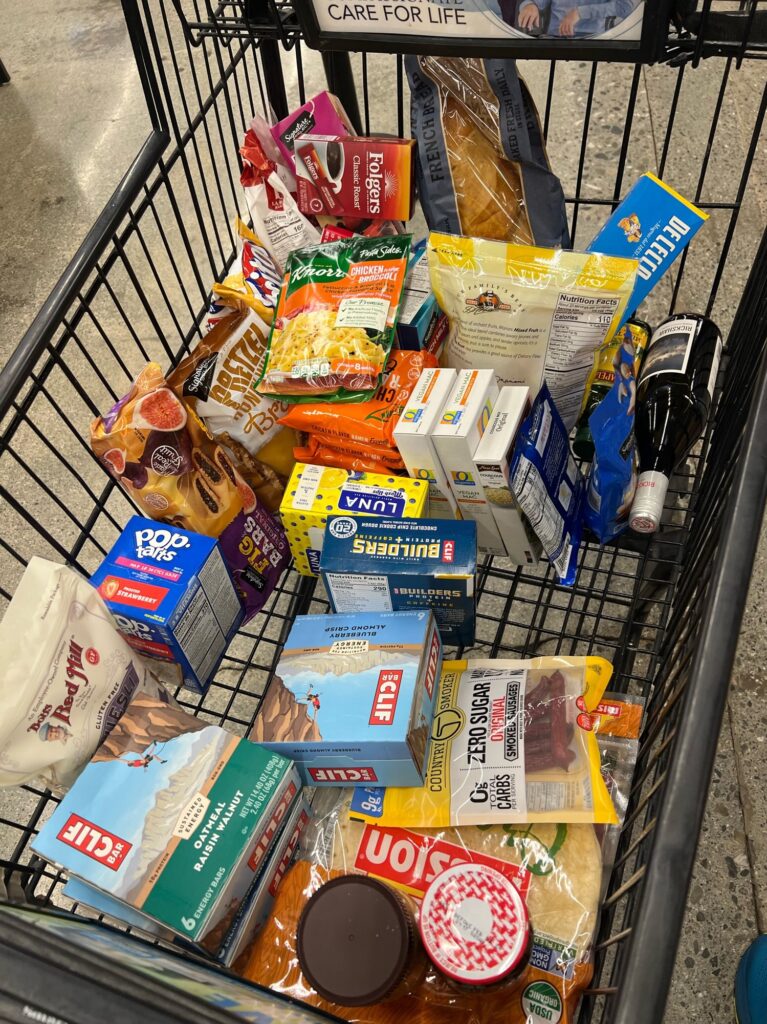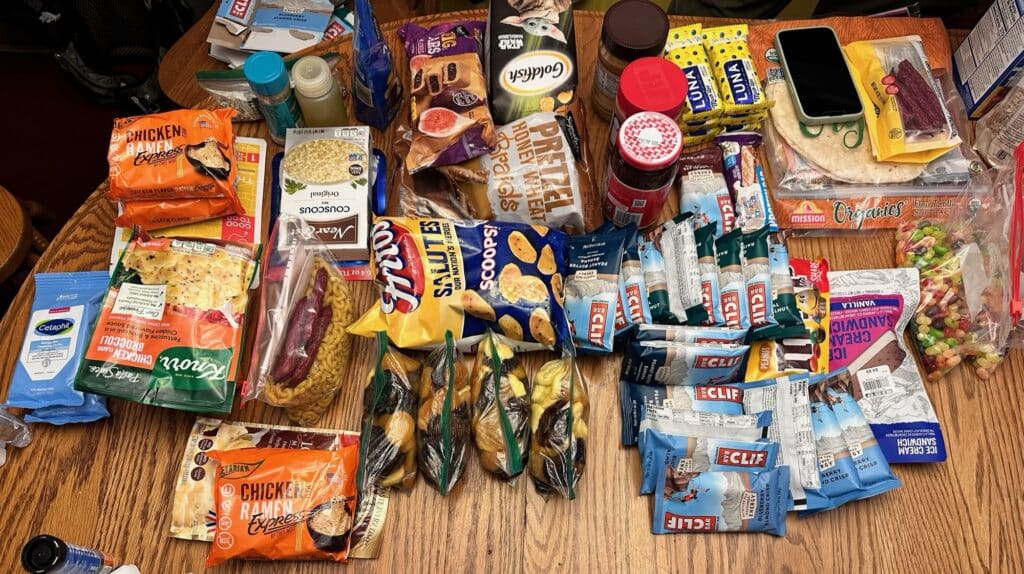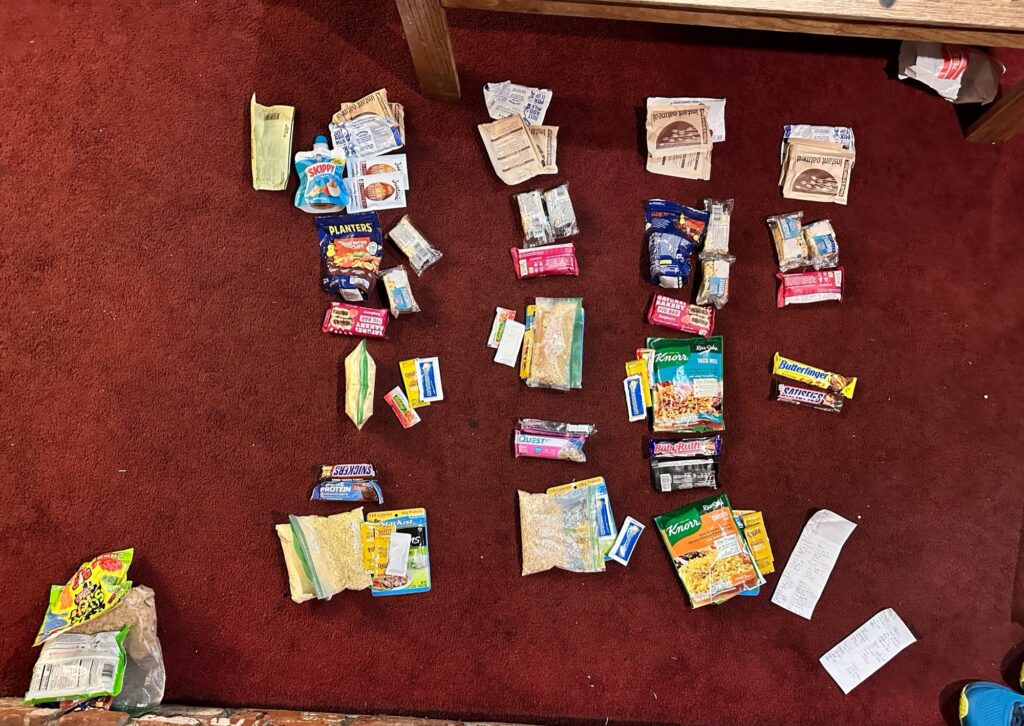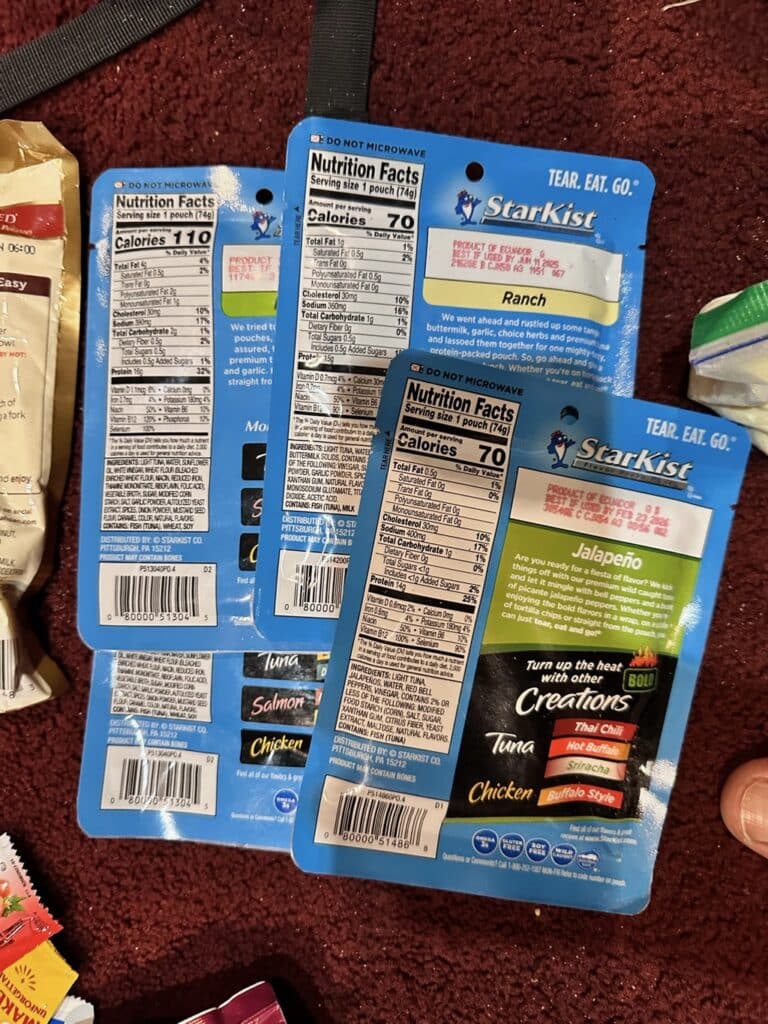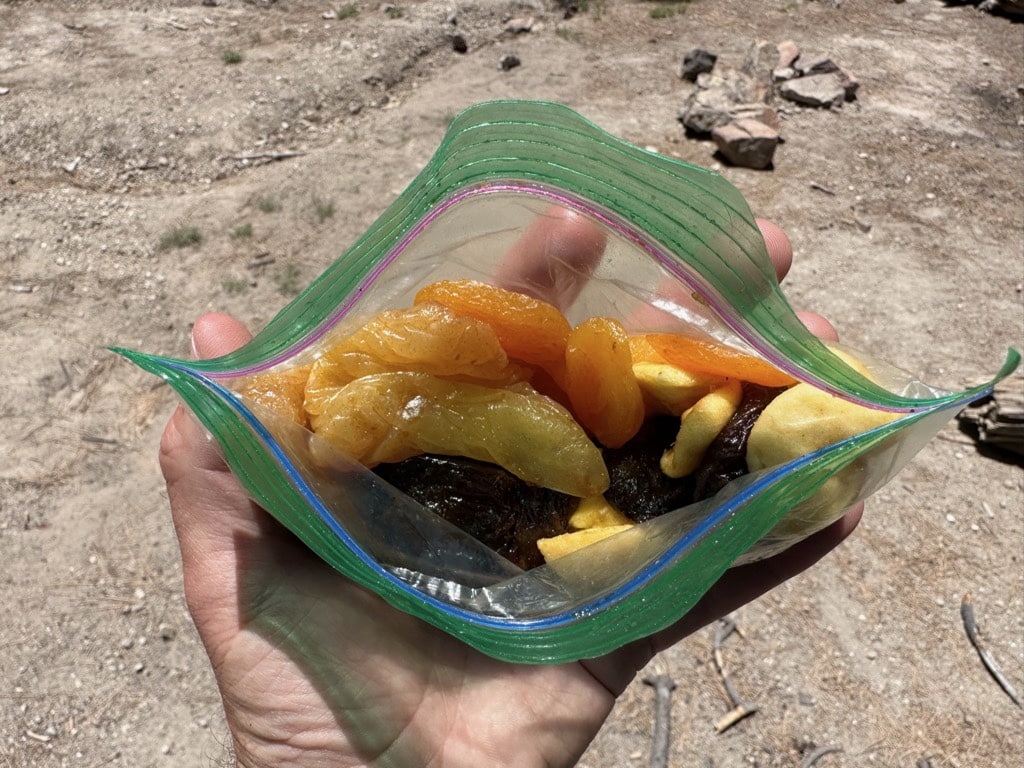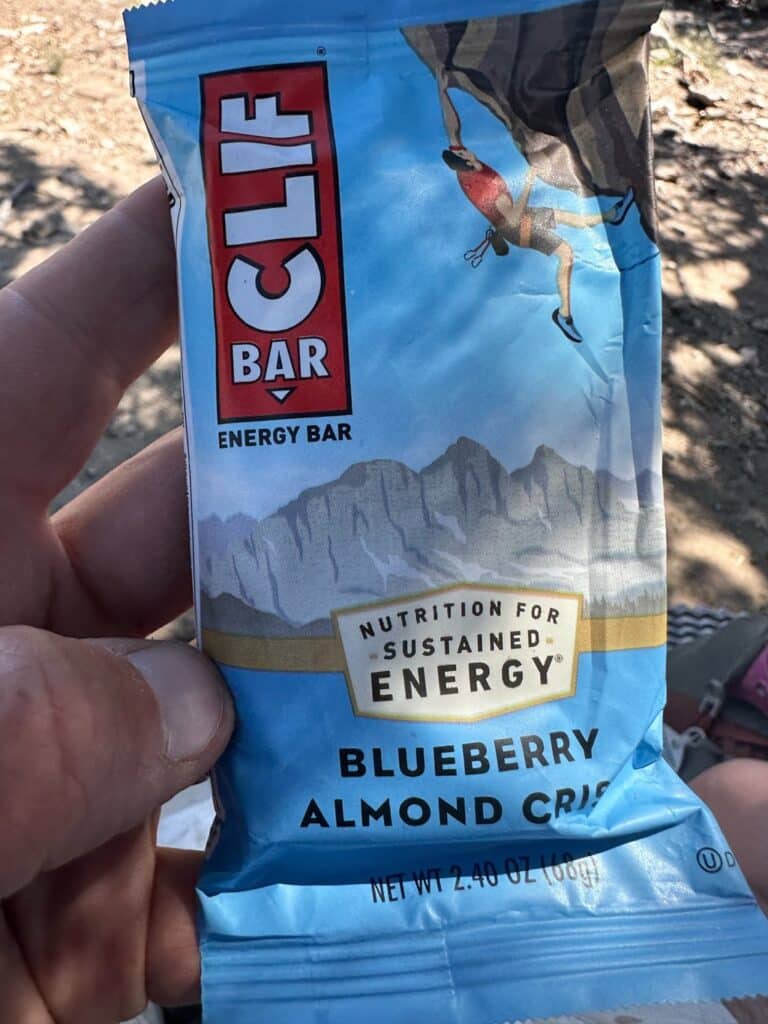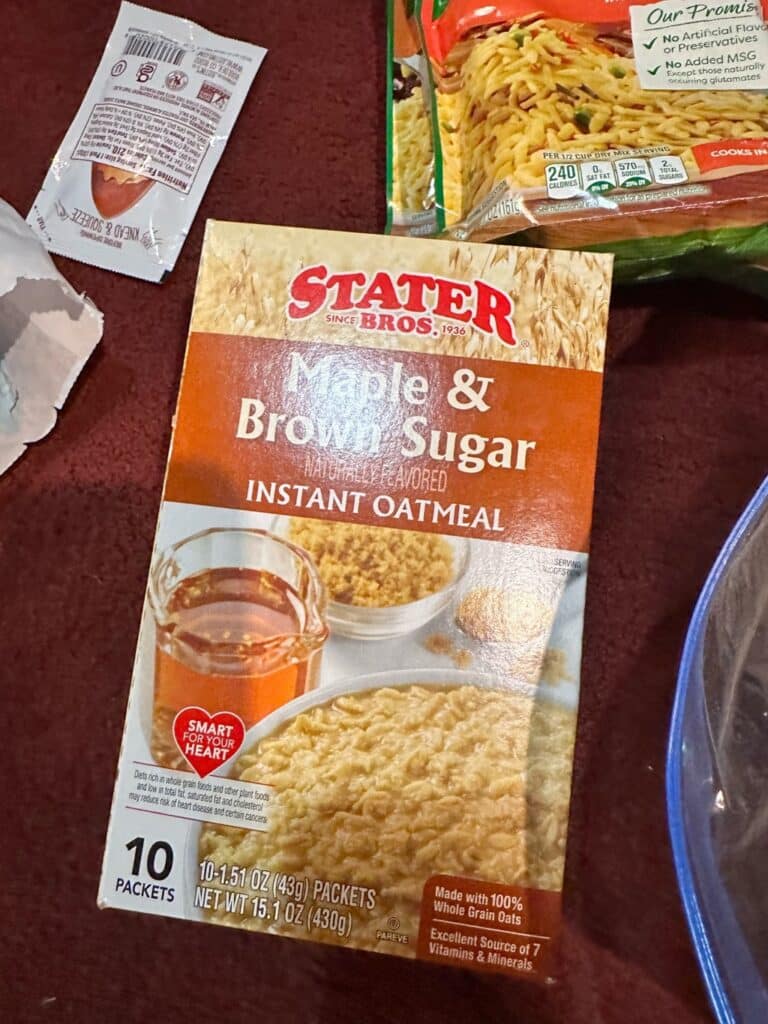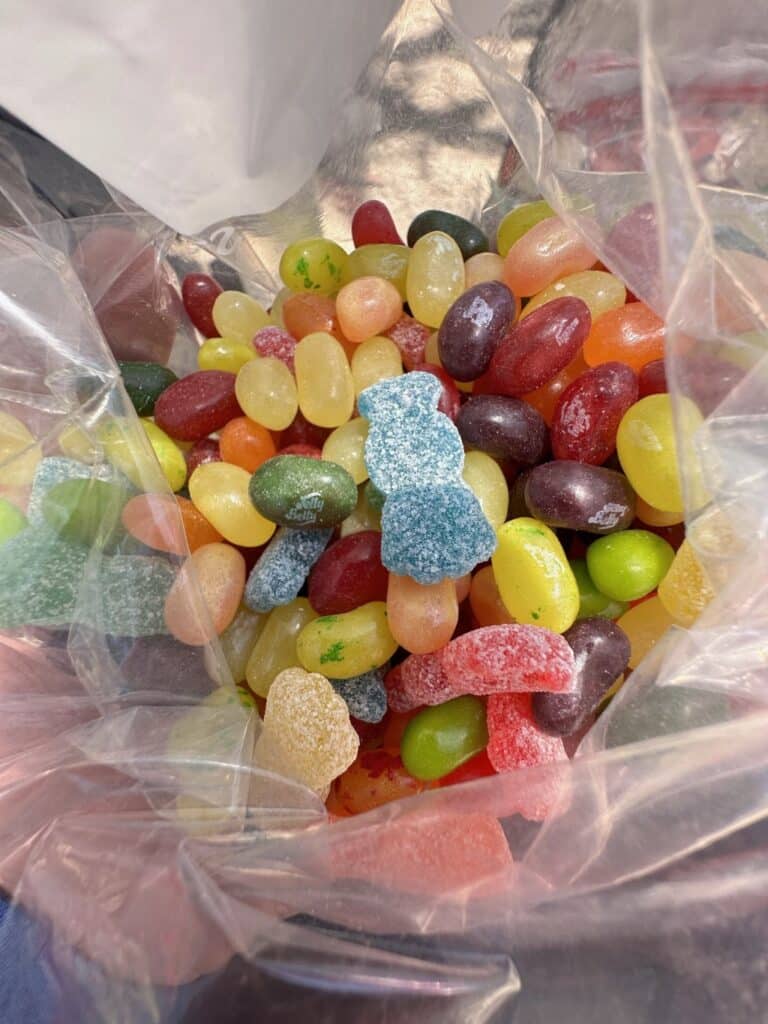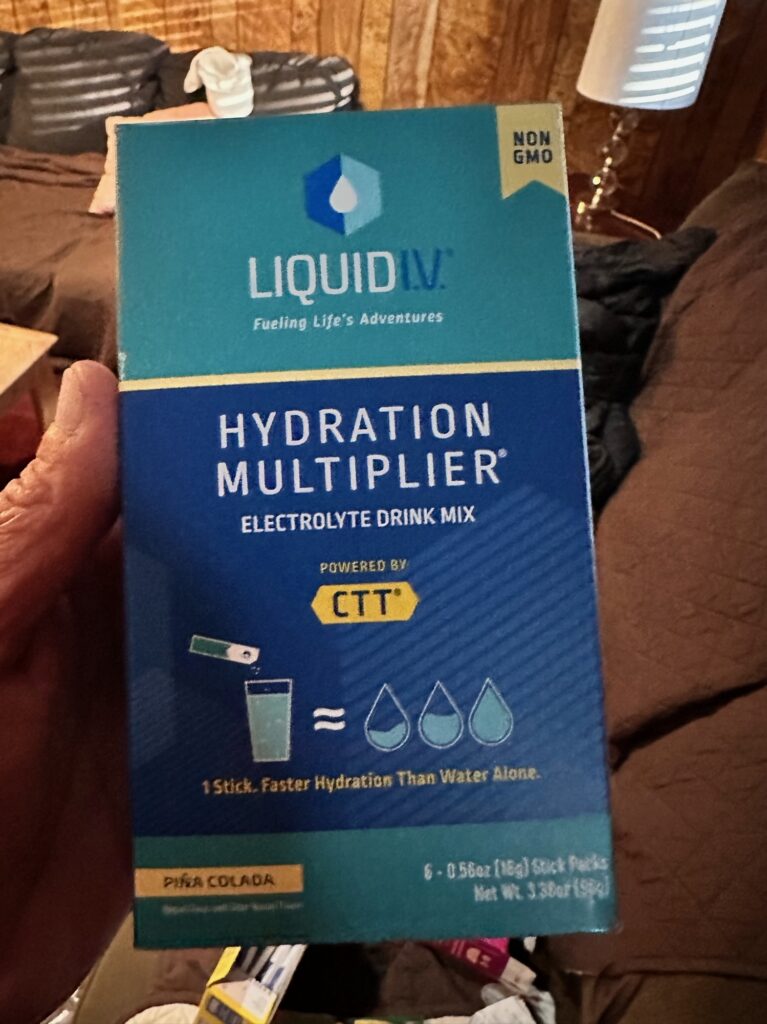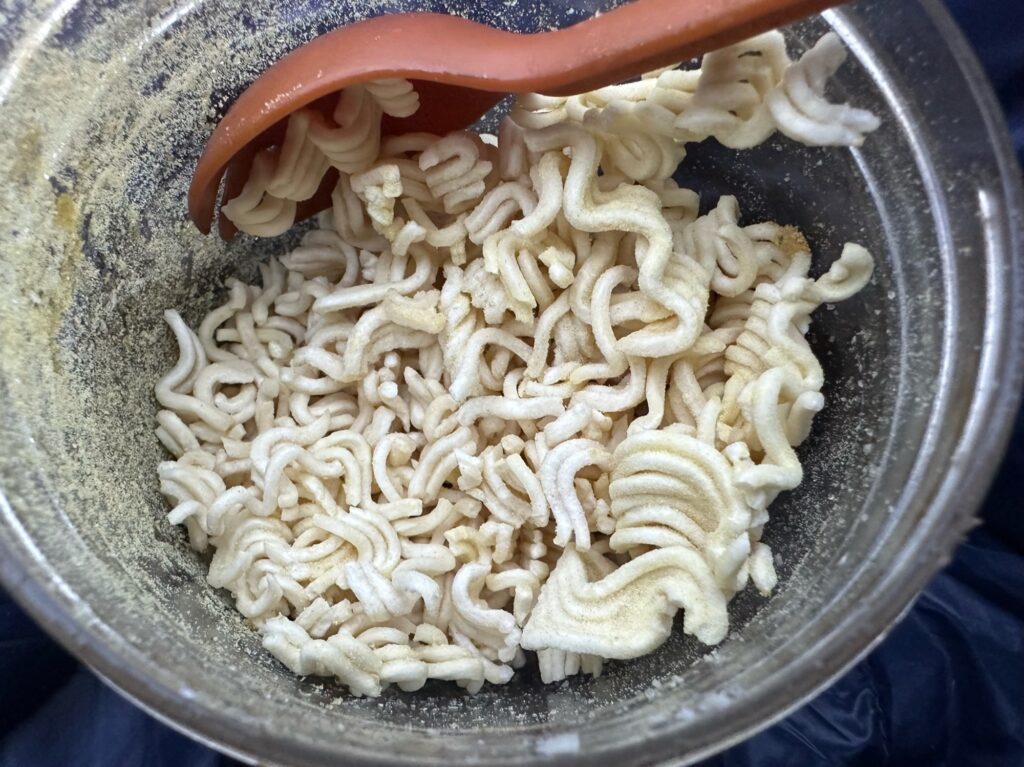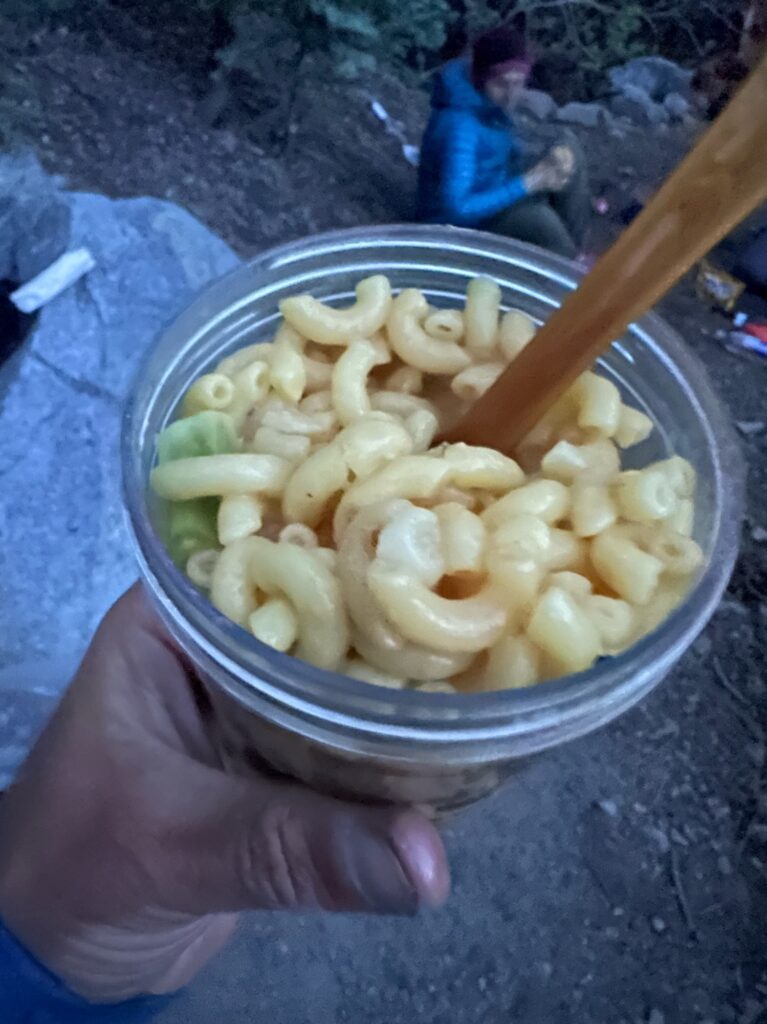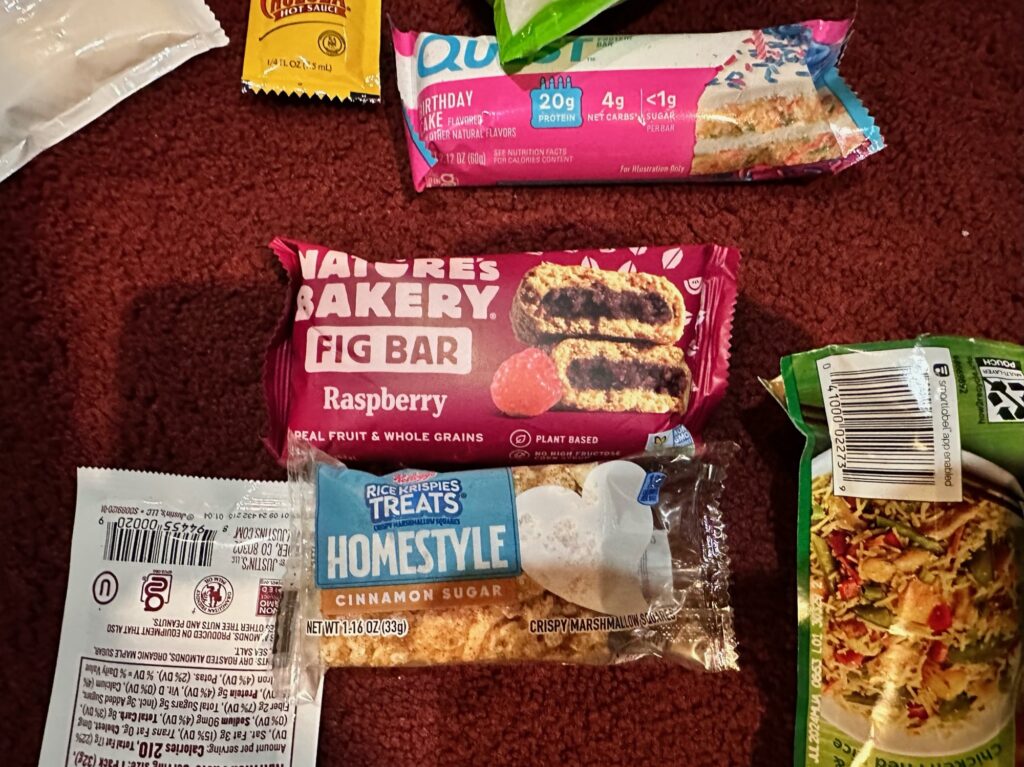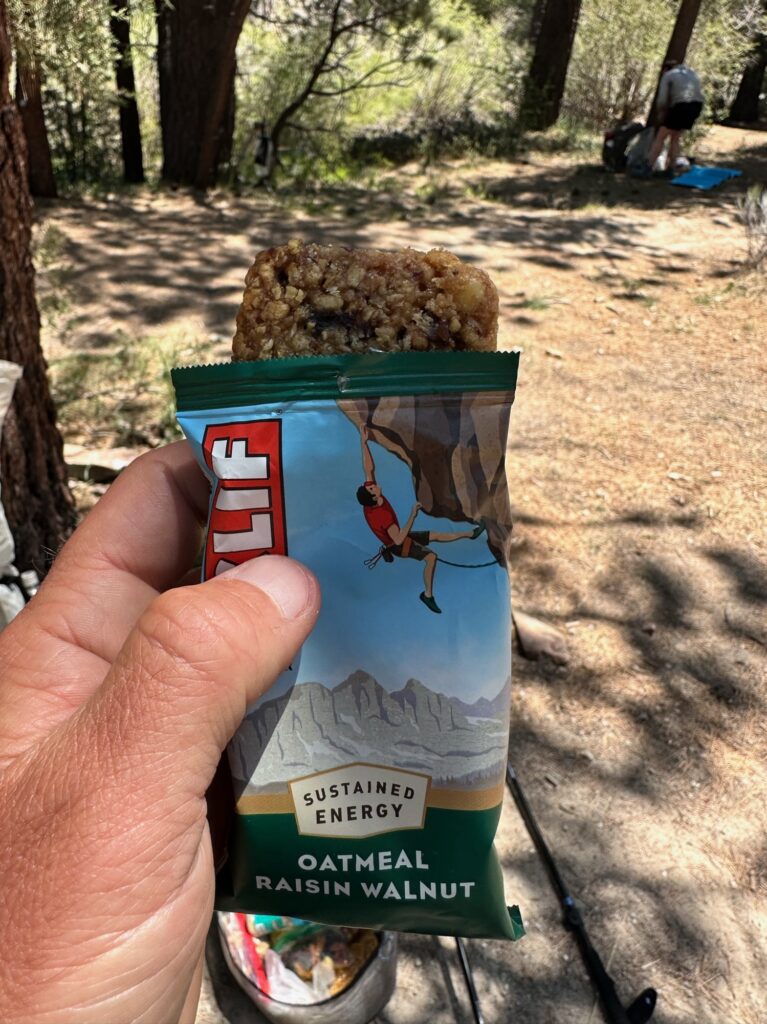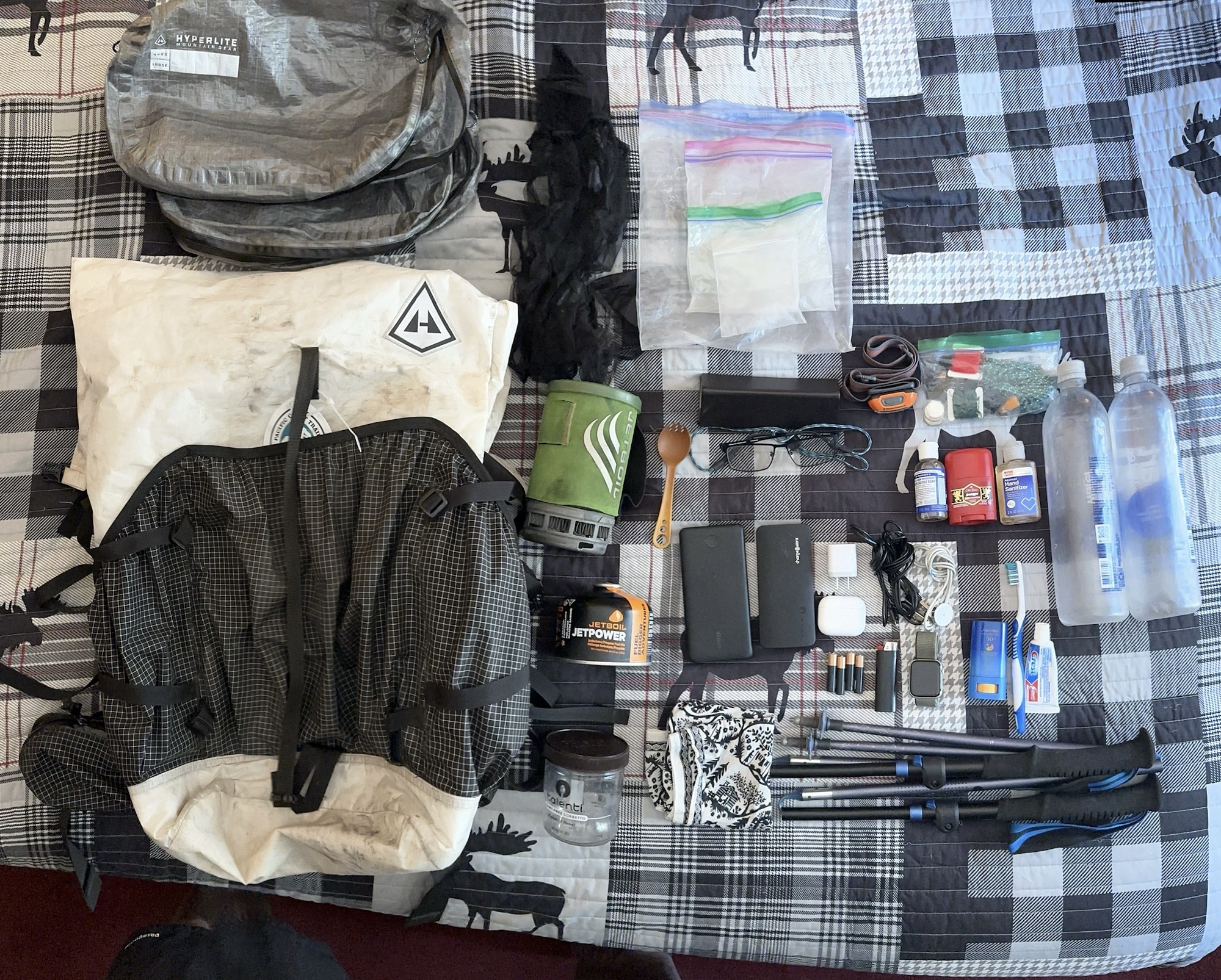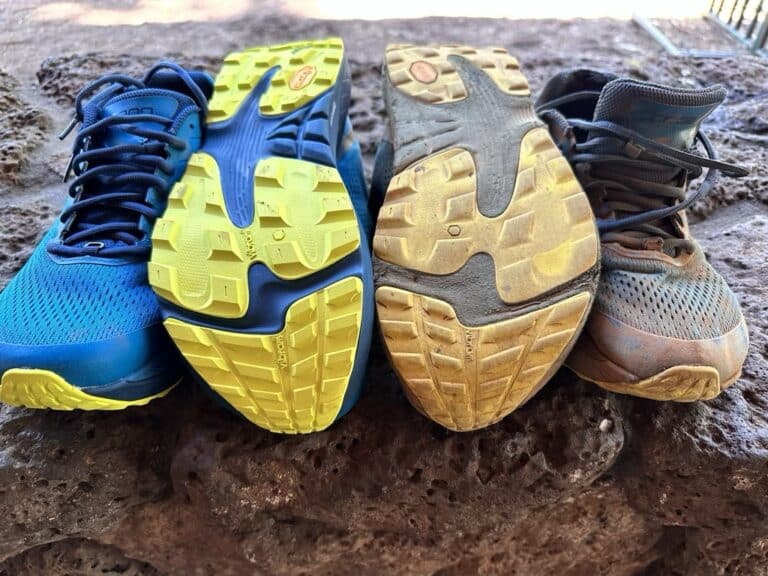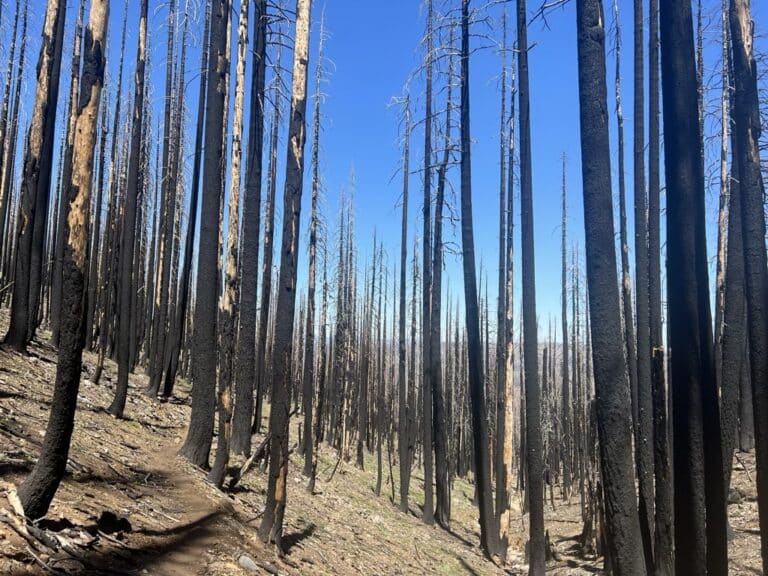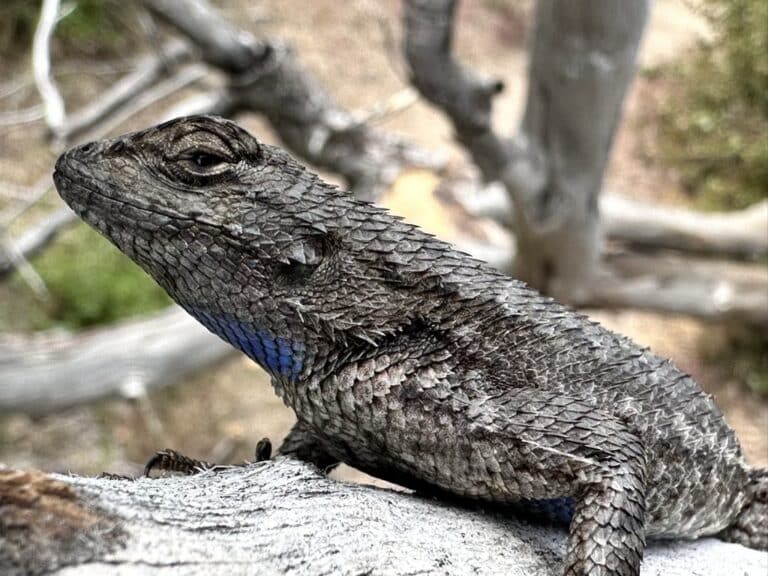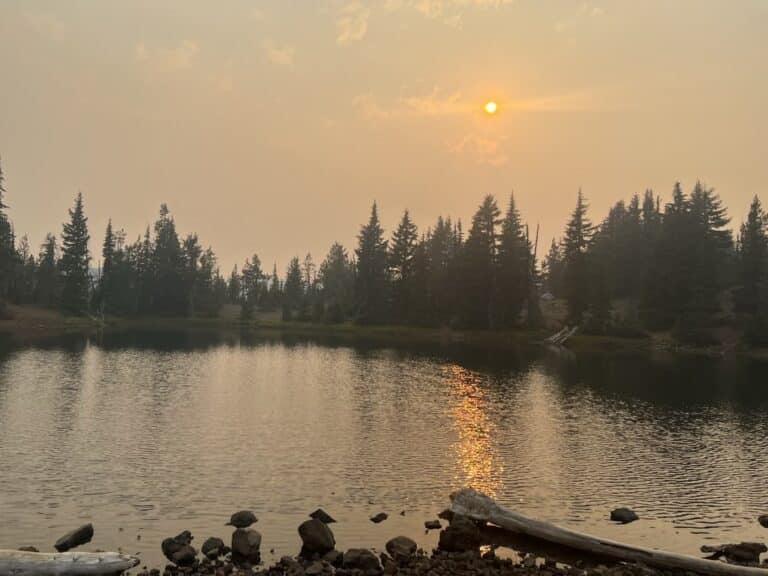Gear
Packing for a long walk across a range of environments, away from cell service, electricity, clean water, or shelter requires some combination of planning, purchasing, and tolerance. Anything you choose to add to your pack comes with a coat in terms of money, weight, and space.
Those who prioritize minimizing weight are known as ultralight backpackers. Most PCT hikers have adopted some ultralight practices
10 Essentials
- Navigation – my phone, I don’t use a paper map
- Sun Protection – hat, sleeves, gloves, sunscreen, sunglasses
- Insulation – lightweight down coat
- Light – headlamp
- First Aid – the makeup of the kit depends on the weight we want to carry and the scenarios we want to be prepared for
- Fire – lighter or matches
- Repair – sewing kit, patches for sleeping pad
- Nutrition
- Hydration – water filter and bottles
- Shelter – we’re using a Zpack Triplex tent
The big 3
The big 3 are typically the 3 heaviest items a backpacker carries aside from food/water
- Backpack – I use an Hyperlight 70L pack https://www.hyperlitemountaingear.com/products/4400-southwest
- Sleep System – Seeping bag / sleeping pad
- Tent/Shelter – we have a Zpacks triplex https://zpacks.com/products/triplex-tent
Misc
- Phone
- Chargers/Cables
- Battery Pack
- Trowel
- Stuff sacks
- Ziplocks
- Earbuds
- Toothbrush / toothpaste
- Soap, deodorant, hand sanitizer
Hand sanitizer is the most important. Many others would disagree on deodorant, and dislike using soap on the trail. It’s my understanding that the biggest issue with soap is due to the impact on aquatic systems. I intend to only use soap away from water sources.
My Gear
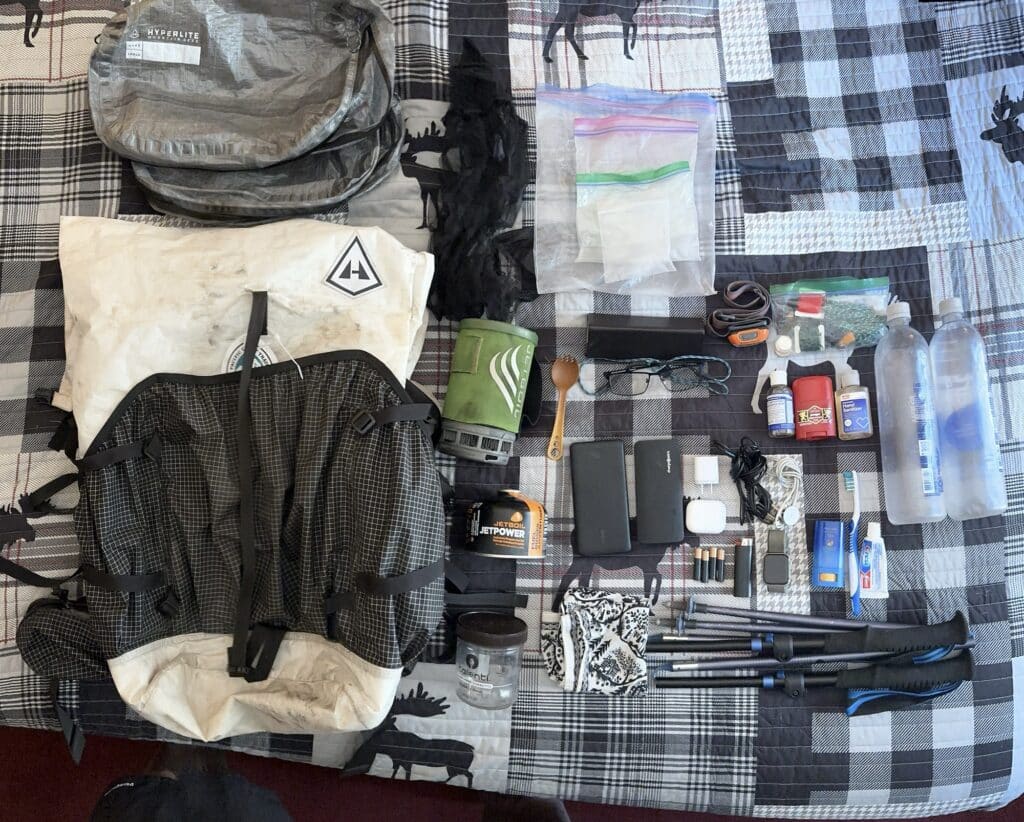
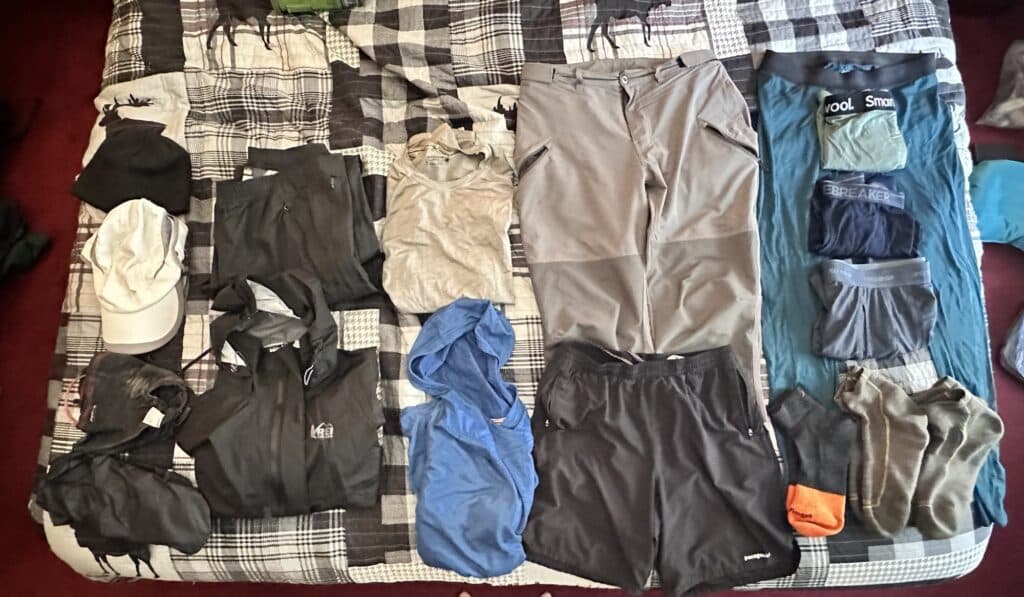
Hiker Food
Calories is really the main consideration for hiker food. Next is weight, and taste. We probably burn an extra 2000+ calories per day while hiking and it’s nearly impossible to eat this much. Here are some photos of some things we might carry in our own packs, and have seen in other hikers’ packs.
